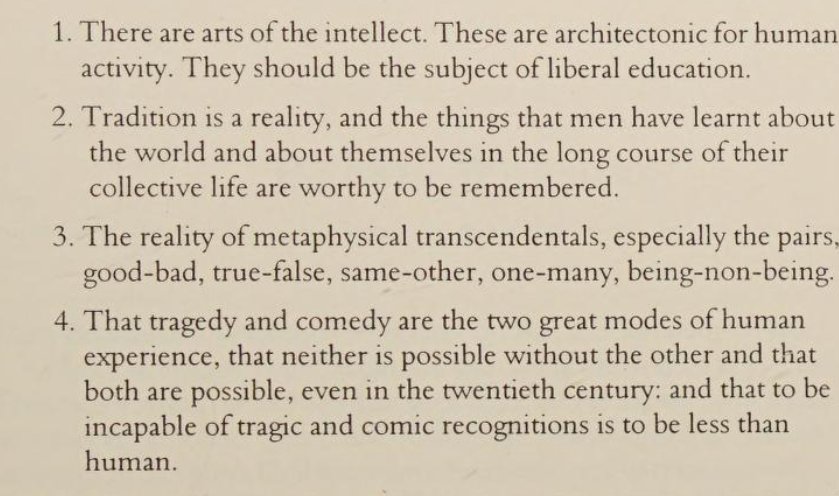Sublime
An inspiration engine for ideas


c’est « un homme » qui s’y exprime, comme disait Pascal, et pas seulement « un auteur » ! Cette philosophie à la première personne, que j’ai appelée l’ego-philosophie, reste fidèle à la tradition socratique. Il s’agit de « se connaître soi-même, explique Pascal : quand cela ne servirait pas à trouver le vrai, cela au moins sert à régler sa vie, et
... See moreAndré Comte-Sponville • Le Goût de vivre: et cent autres propos (French Edition)
People are not monads. A real, live human self is always already partial to certain, select others. Morality needs to take this essential fact about human selfhood into account rather than pretend to override it.
Shai Held • Judaism Is About Love: Recovering the Heart of Jewish Life
Within the humanities, some of the key theorists drew inspiration from the writings published at midcentury by the French philosopher Maurice Merleau-Ponty, who had analyzed, with stunning lucidity, the body’s influence upon even our most rarefied cogitiations.
David Abram • Becoming Animal
Philosophy begins, and in my view must end, as an attempt to answer real questions asked by real people.
Jan E. Evans • Miguel de Unamuno's Quest for Faith: A Kierkegaardian Understanding of Unamuno’s Struggle to Believe
When we live with the tension of the personal will directed toward an imagined future, we live in a mind-world maze of possibilities instead of the vivid aliveness of intimacy with what is.
Christopher D. Wallis • Near Enemies of the Truth: Avoid the Pitfalls of the Spiritual Life and Become Radically Free
Table rase (tabula rasa), puis saisie du sujet par lui-même comme seul principe absolument certain, enfin constructivisme radical (au sens où la connaissance et l’Histoire sont activement produites par les artefacts de l’ingéniosité humaine) : tel est donc le triptyque qui définit, dans ses fondements théoriques, l’avènement
Claude CAPELIER • La Plus belle histoire de la philosophie (French Edition)
Philosophically, modernity is often referred to as “The Age of Man.” In ascension since the Renaissance, it crystallized toward the end of the 18th century into a configuration of knowledge that French philosopher Michel Foucault characterized as an episteme in which the figure of Man as the foundation of all possible knowledge. Jamaican
... See more